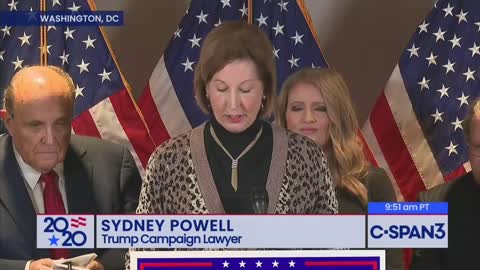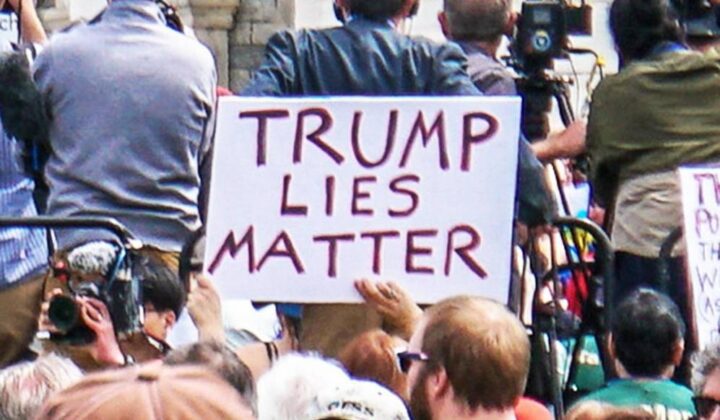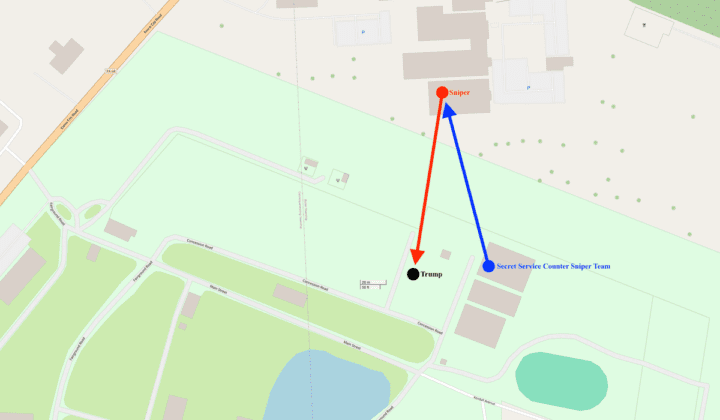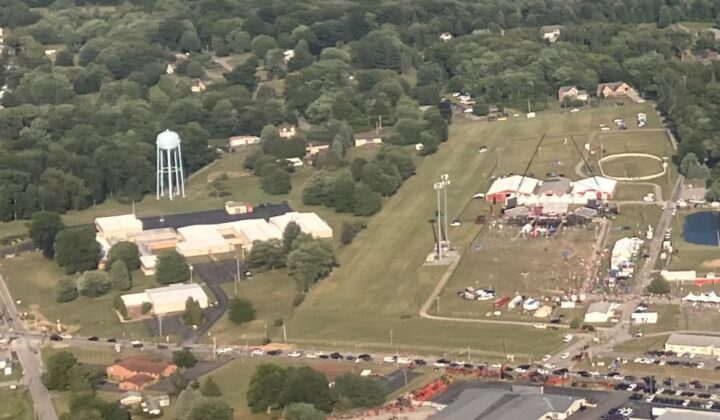Voting Equipment Companies Sue Media Organizations Over Fraud Claims
In a watershed moment for the fight against disinformation, voting equipment companies Dominion Voting Systems and Smartmatic have filed billion-dollar defamation lawsuits against Fox News anchors and Trump attorneys. The companies are seeking redress for misinformation that they say damaged their reputation and “decimated” their business.
Smartmatic has asked for $2.7 billion from Fox News, naming hosts Lou Dobbs, Jeanine Pirro, and Maria Bartiromo in their suit as well as Trump attorneys Rudy Giuliani and Sidney Powell, who appeared as guests. Dominion has sued Giuliani and Powellseparately for $1.3 billion each. Both companies have also indicated that more cases may be yet to come.
The Fox hosts and Trump attorneys frequently made baseless claims implicating Smartmatic and Dominion in conspiracies to rig the election. In response to the threat of litigation, they now appear to be backtracking. Fox Business abruptly canceled “Lou Dobbs Tonight,” its highest-rated show, and Fox News played a clip featuring an election expert rebutting the network’s previous claims on three of its shows. Newsmax anchor Bob Sellers interrupted Trump-supporting MyPillow founder Mike Lindell as he began an attack on Dominion last Tuesday, reading a statement that read in part “Newsmax accepts the results as legal and final” instead.
Nonetheless, the damage has been done. For instance, Smartmatic claims the disinformation campaign caused at least two commercial partners to suspend their relationship with the company, and that they revised their profit projections down by $500 million after being targeted.
1. What about the First Amendment?
The First Amendment provides broad protection against many defamation lawsuits. In the landmark 1964 case New York Times Co. v. Sullivan, the Supreme Court established the actual malice standard, a high bar for defamation suits involving public figures. The Court reasoned that such protection would enable journalists to do their jobs without fearing lawsuits that would chill speech about matters of public importance. For the standard to be satisfied, a court must find that the defendant intentionally defamed or acted with reckless disregard toward the truth. This is ordinarily very hard to prove.
There is a question of whether the elections-system companies will be considered “public figures,” thus triggering the actual malice standard. Nonetheless, even if the malice standard is triggered, Cass Sunstein writes that Smartmatic and Dominion “have strong arguments that they should be entitled to recover damage awards.” University of Florida professor and First Amendment lawyer Clay Calvert adds that situations like these are “why we have defamation law.” However, there are differing opinions on this.
It is important that groundless libel and defamation suits aren’t used as a bludgeon for powerful companies and individuals to silence critics. However, this is not what’s happening here. Just as an example, Giuliani falsely claimed that Smartmatic was founded “in order to fix elections” by “three Venezuelans who were very close to… the dictator Chávez of Venezuela” and that he had “boxes of evidence” that Dominion presented a “clear and present danger” of manipulating results. There are strong arguments that even our First Amendment doesn’t protect such statements.
2. Do these sorts of suits have a role to play in moderating our civil discourse?
Yes, but a very limited one. Tori Ekstrand, co-director of the University of North Carolina’s Center for Media Law and Policy, argues that the threat of legal action can help combat misinformation, but that “in our current digital environment,” lies “can spread farther and faster” than a libel suit ever could.
While these suits are making waves, as a nation we are still a long way from agreeing on a common set of facts: more than 70 percent of Republicans believe Trump received more votes in the 2020 Election. Together, we have an obligation to reaffirm the sanctity of truth.





